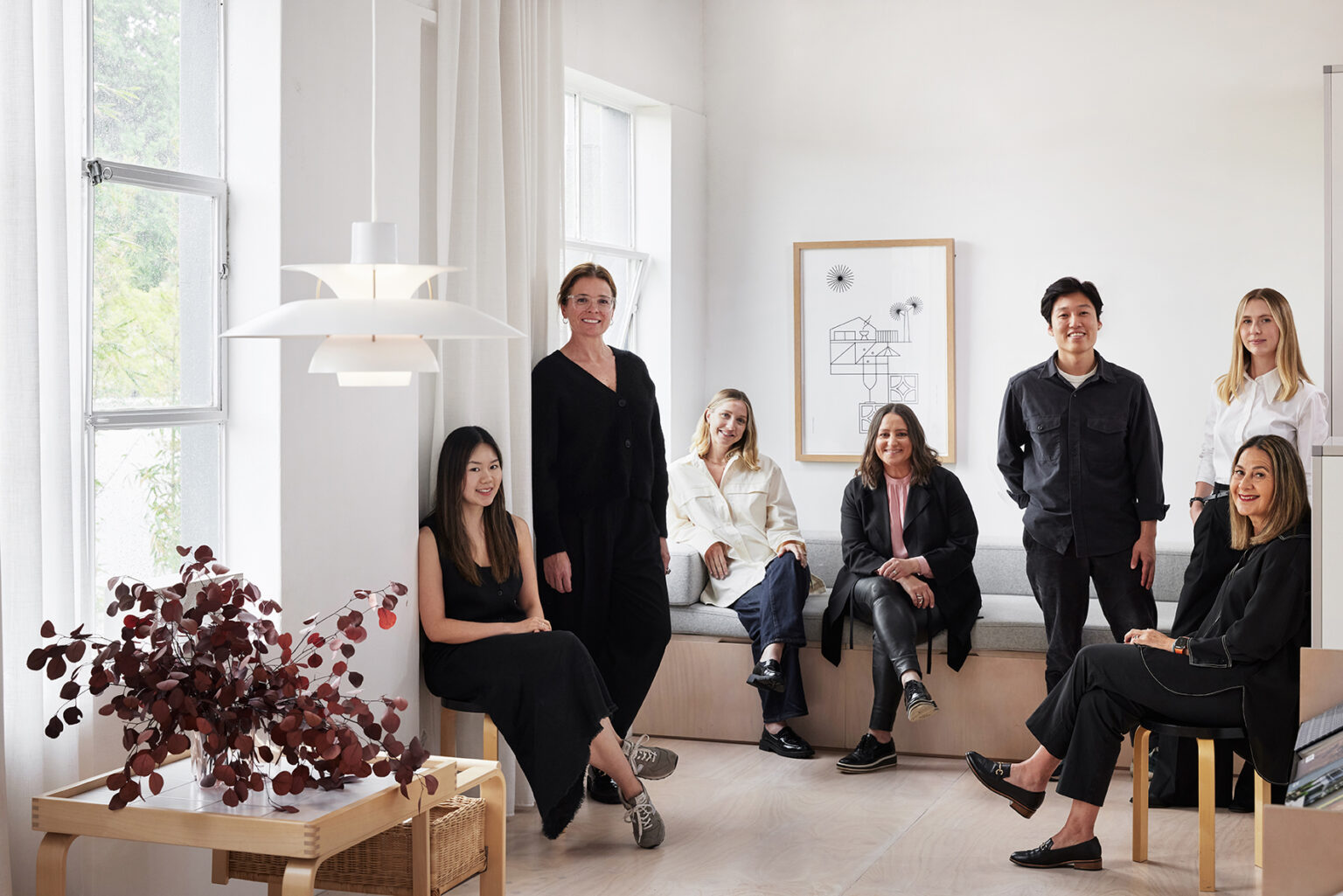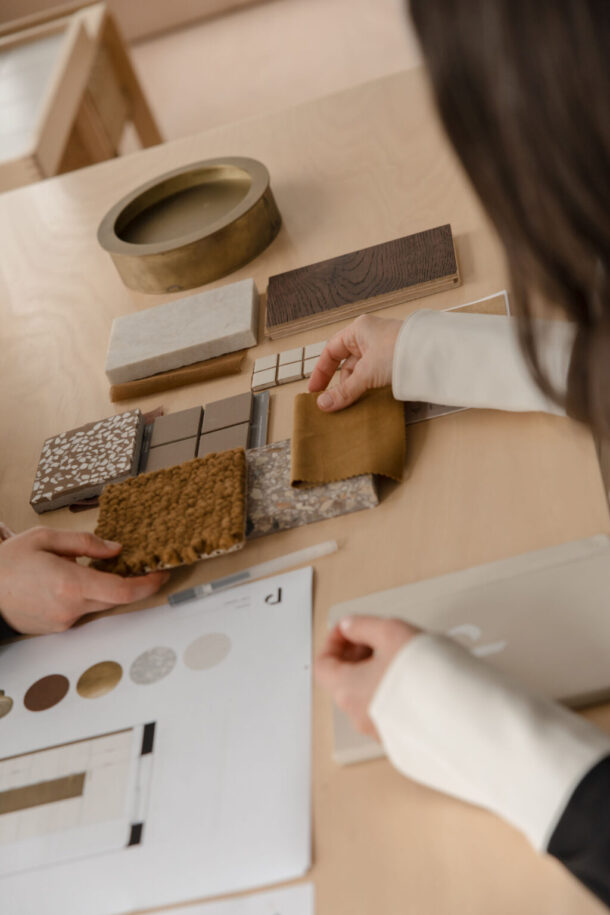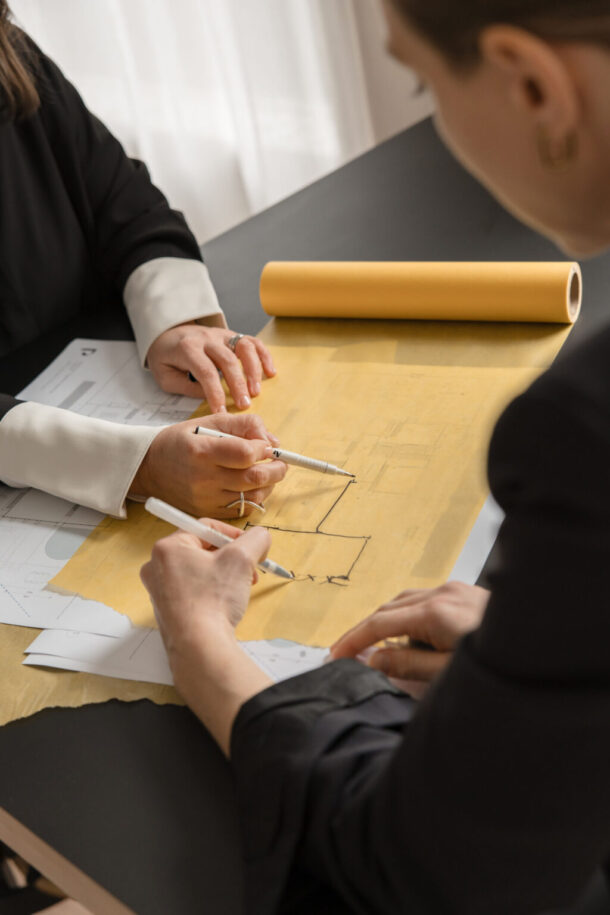B Corp certification prompted a rethink for Studio Prineas, as they considered new ways to innovate and create a better working environment based on trust and recognition. A key initiative was a nine-day fortnight, giving the team the gift of time for rest, play, travel and life admin.

We implemented a studio-wide nine-day fortnight at the beginning of 2024. It was an idea we had been considering for some time and for a number of reasons. Our team are the heart of our practice, and their wellbeing is paramount – we know that if the team are thriving, so too will our business. Last year, we proudly became a certified B Corp, which is a global initiative that recognises companies who use business as a force for good. While the nine-day fortnight initiative did not form part of our B Corp certification, it encouraged us to reconsider the ways we could evolve and further innovate from traditional business models, to create a better working environment for our team.
Hours in practice
The nine-day fortnight applies to all full-time team members at Studio Prineas, regardless of their position. With the implementation of this initiative, our working week reduced from 40 hours to 36 hours with no change to wages.
Logistics and implementation
Initially, we divided the team to alternate working Fridays – the benefit of this structure was that we always had someone available to be in the Studio. We soon noticed that it did occasionally result in meetings being scheduled on days off, which I felt somewhat defeated the purpose of what we were trying to achieve. Nine months later, we are now trialling closing the Studio on the tenth day.
No specific training was needed – just a clear and ongoing open team discussion around expectations, and the reasons for undertaking this structural change.


Challenges and risks
As a small practice, there are commercial risks associated with this type of structural change. Therefore, the nine-day fortnight is not currently written into any of our employment agreements. It is important that this arrangement works for both the team and the business, so we continually track projects and the meeting of milestones in relation to fees to ensure this.
Clients
We have not had any issues with our clients over availability, in part due to the nature of our work being single residential homes. Even prior to the implementation of the nine-day fortnight, we have always placed great importance on not running a ‘reactive’ communication process with our clients and builders, so it is rare that a day off planned in advance will cause any issues in that regard.
Part of the team agreement is that if any critical meetings or work is required on the tenth day, they will come in as needed to ensure the work can be carried out. It is very rare that this has been required, but our amazing team understands this is part of their commitment to the studio and our valued clients.


Outcomes and feedback
The shift to a nine-day fortnight has been positive for the business and the team personally. The positive outcomes we have observed are that the team feel trusted and valued. As they have extra time for themselves, when they are at work they are dedicated and focused. Nine months probably isn’t quite long enough for us to accurately track the ways in which the change may have affected absenteeism, burnout and staff retention, but we certainly feel that morale and wellbeing are high.
Some feedback from our team:
“For me, having an additional day a fortnight has given me time to slow down. So much of our lives are jam-packed with work, social events, appointments and meetings so it has felt like a commitment-free day that can be used in any way that’s needed that fortnight – whether it be for rest, play, travel or catching up on life admin.”
“It’s been particularly nice for myself and my husband as he works on Saturdays and has Fridays off – so it has given us an extra day to spend together.”
“Personally, the tenth day allows me to spend more time on my hobbies, such as woodworking or playing basketball. It extends the rest for my mind and soul, so that when I come back to work the following Monday I feel much more productive and at ease. It also opens up the opportunity to go on long weekend trips, whether it’s camping, birthday trips or even just going to an empty beach on a Friday morning.”
“I think as a creative profession, architecture is not made spending long hours in a dark room, but rather comes out of the exploration of the world around us or even perhaps exploring the other things that bring joy to our soul (making furniture for me).”
Productivity
We don’t monitor the productivity of individuals in the team; rather, we spend time each week forecasting project programs and milestones and keep rigorous time records to ensure we both meet these time goals and are mindful of our project fees for all project stages.
Flexibility
Our practice centres around connection and collaboration so our team thrives when we are in the studio together. Post Covid lockdowns, the team were all very enthusiastic to come back into the studio to work together in a fact-to-face environment. Of course, when team members need to work from home for personal reasons, this is not an issue and doesn’t impact the nine-day initiative at all.
The Right to Disconnect legislation has not affected Studio Prineas. We have always valued and honoured our teams’ right to disconnect. Work life balance is essential for a happy, productive and loyal team.

Studio Prineas practises a characteristically empathetic and collaborative approach to architecture and interiors. The Studio is dedicated to delivering truly personalised spaces their clients love to live in. Over the past 20 years, the practice has steadily been building a portfolio of homes that embody quiet luxury with a strong focus on environmental responsibility and Country. Studio Prineas is a committed B Corp and is proudly 100% female led.
Photos: Ryan Unwin and Chris Warnes




















